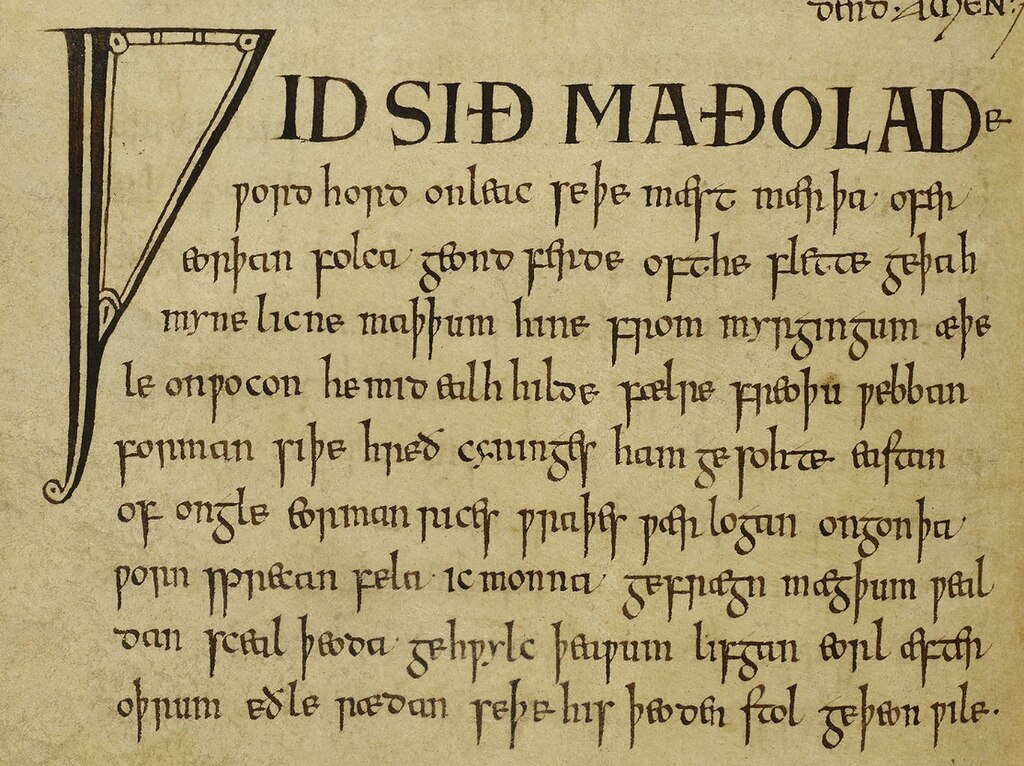Widsith is a short poem, instead of a song. It records the experience and sensations of a traveller who has wandered much. Widsith, or the far wanderer, has travelled widely among different tribes and races and encountered different tribal chiefs and princely rulers. The wanderer lists the tribal princes with whom he was acquainted and who had given him rich presents. Some princes, like Eormenric, king of the Goths, Attila, king of the Huns, Alboin, king of the Lombards, and Theodrik, king of the Franks, are historical figures. References are also made to Hrothgar and Hrothwulf and their victory over an incident mentioned in Beowulf. The poet also describes the rituals, social manners, and customs of different primitive people. It further contains some details about the wandering minstrels of primitive times. In short, Widsith is a record of the tribes and tribal heroes of the remote Teutonic world.
Widsith is a valuable piece of the social documents of primitive life and times in Britain. It has, no doubt, a historical and legendary character. But the historical elements, recorded in it, are seldom accurate. Widsith is no historical work, but a typical document of primitive societies and social life. The importance of the poem mainly lies in its social aspects. The work contains too much of the rites and customs, habits, and manners of the Teutonic people of the past.
Widsith is rich in descriptive details and may be characterised as the first parent of descriptive English poems, like Byron’s Childe Harold’s Pilgrimage. In its enumeration of different primitive princes and lords, the poem, though not an epic itself, contains much matter familiar with epic poetry. Yet, Widsith bears many lyrical notes in the poet’s subjective description and reflections. Moreover, the unknown poet’s concluding glorification of his craft is intensely personal and simultaneously synthesises individuality and universality.
Also read: Summary and Analysis of the poem The Dream of the Rood

Leave a Reply